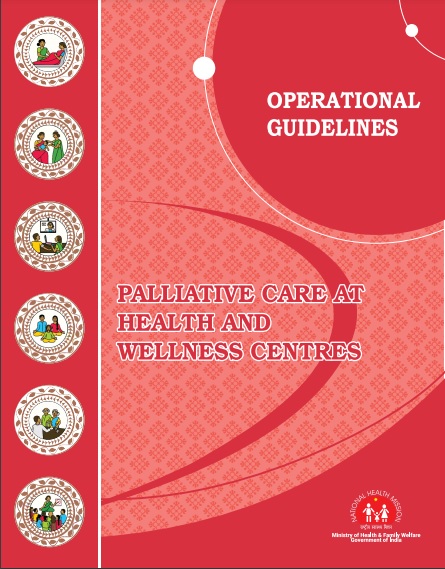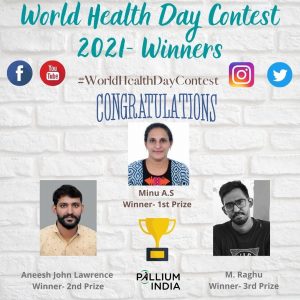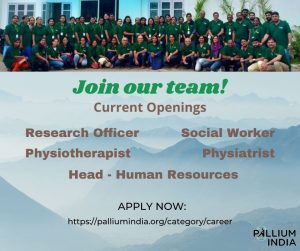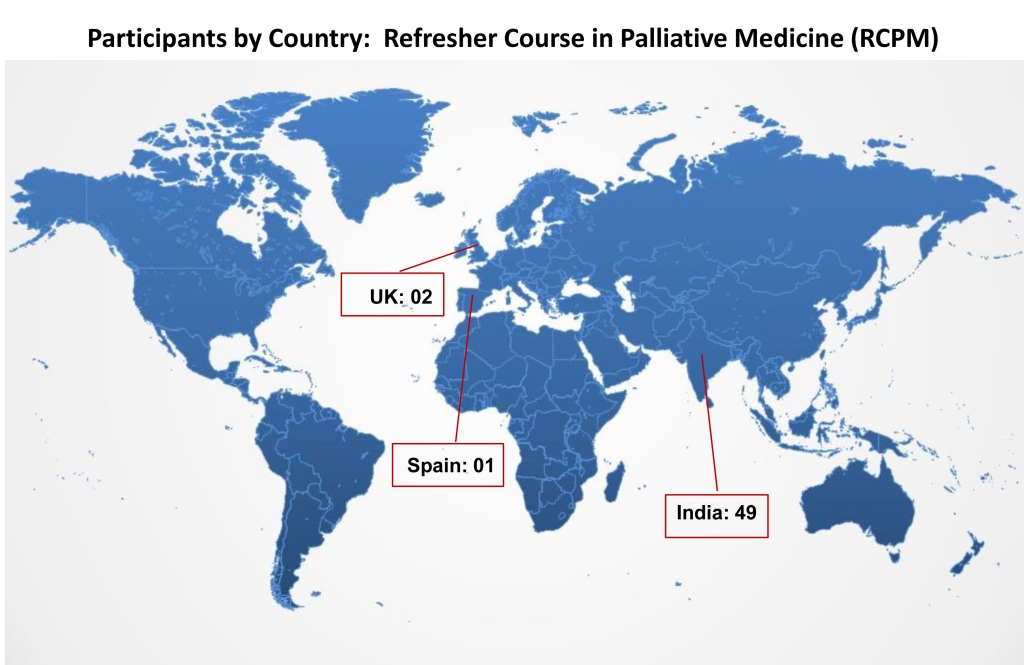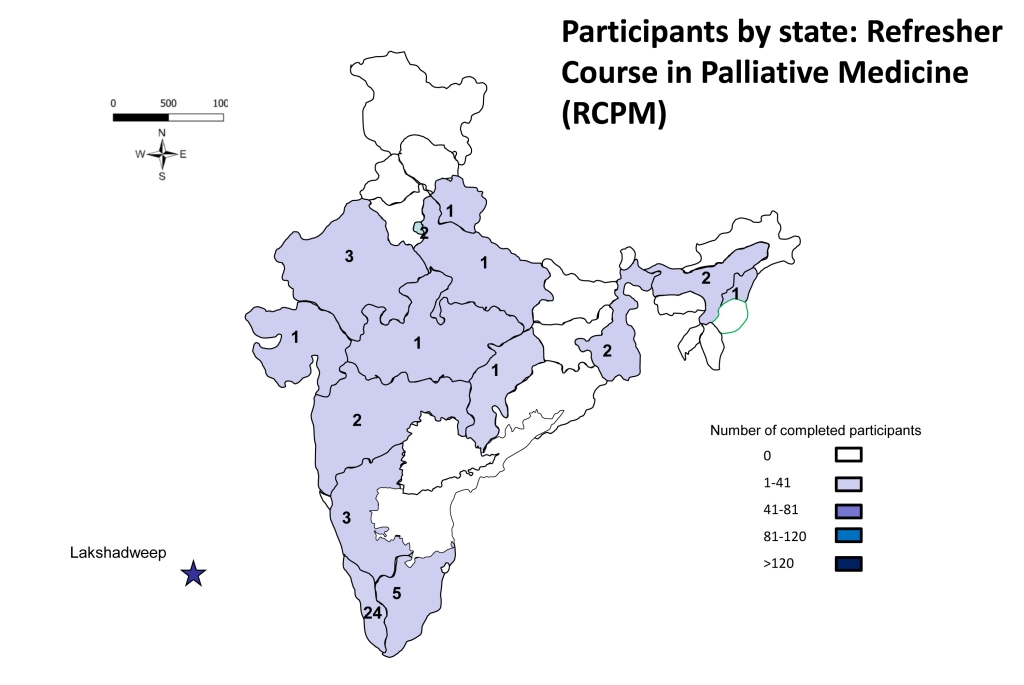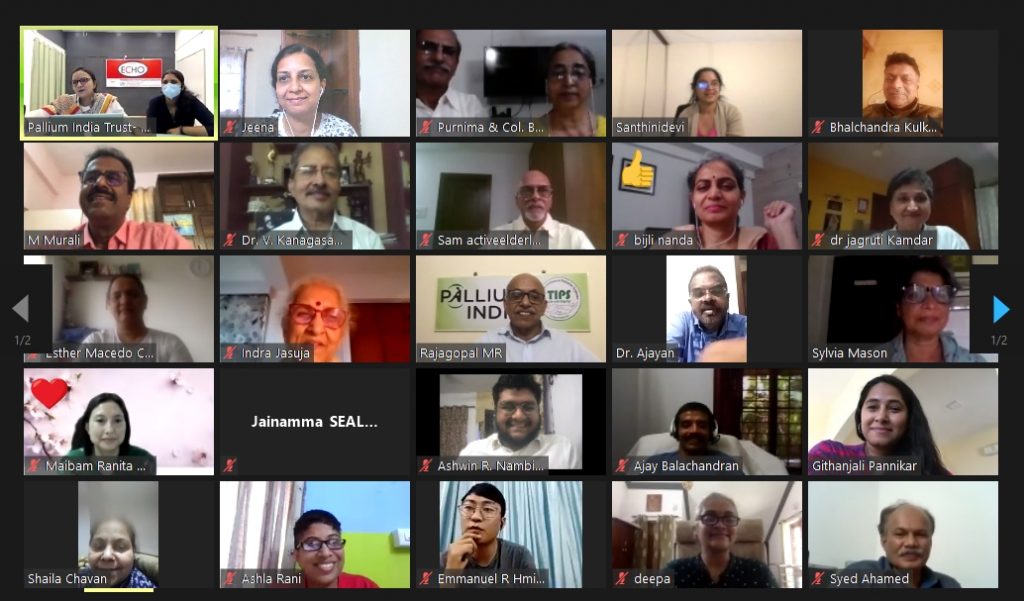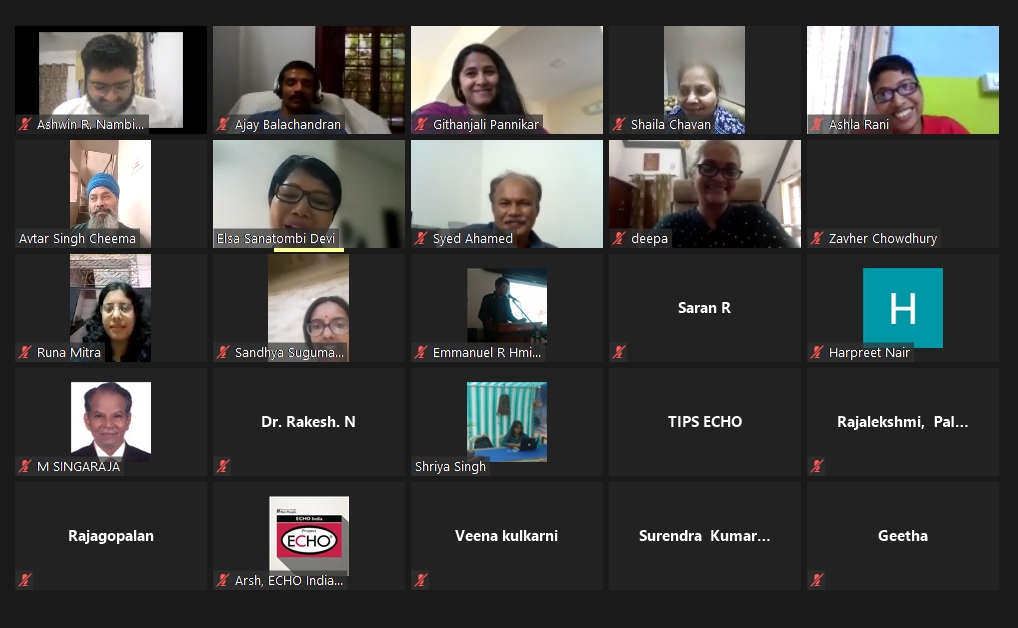May 2021

Click here to subscribe to our newsletter
Just over a year ago, we were all jolted out of our lives and our routines by the tiniest organism. We watched, astounded and helpless, as more than 200,000 Indians fell.
Pleased to be still alive, the survivors managed not to think about their suffering in dying, nor of the suffering in living of those who were left behind. Then we built ourselves a fool’s paradise, pretending the worst was over, and cheerfully got back to our malls, crowded election campaigns and festivals.
And now, we are being shaken so hard that we are forced again to look at the reality. If one year ago we saw the silent march of starving migrants, now we watch people spend their last day on earth searching for oxygen or an ICU bed, eventually dying a cruel death by the road. Our decision-makers are so busy fire-fighting that no one has time to think about relieving anyone’s suffering. Forced to think about death, we still avoid thinking about dying.
We at Pallium India, along with palliative care activists all over the country and the numerous warm-hearted well-wishers from across the world, will continue to do what we can, and raise our voice to relieve human suffering. If we walk but a few steps, it would at least be that many steps less to walk at a future pandemic.
We hope.
–
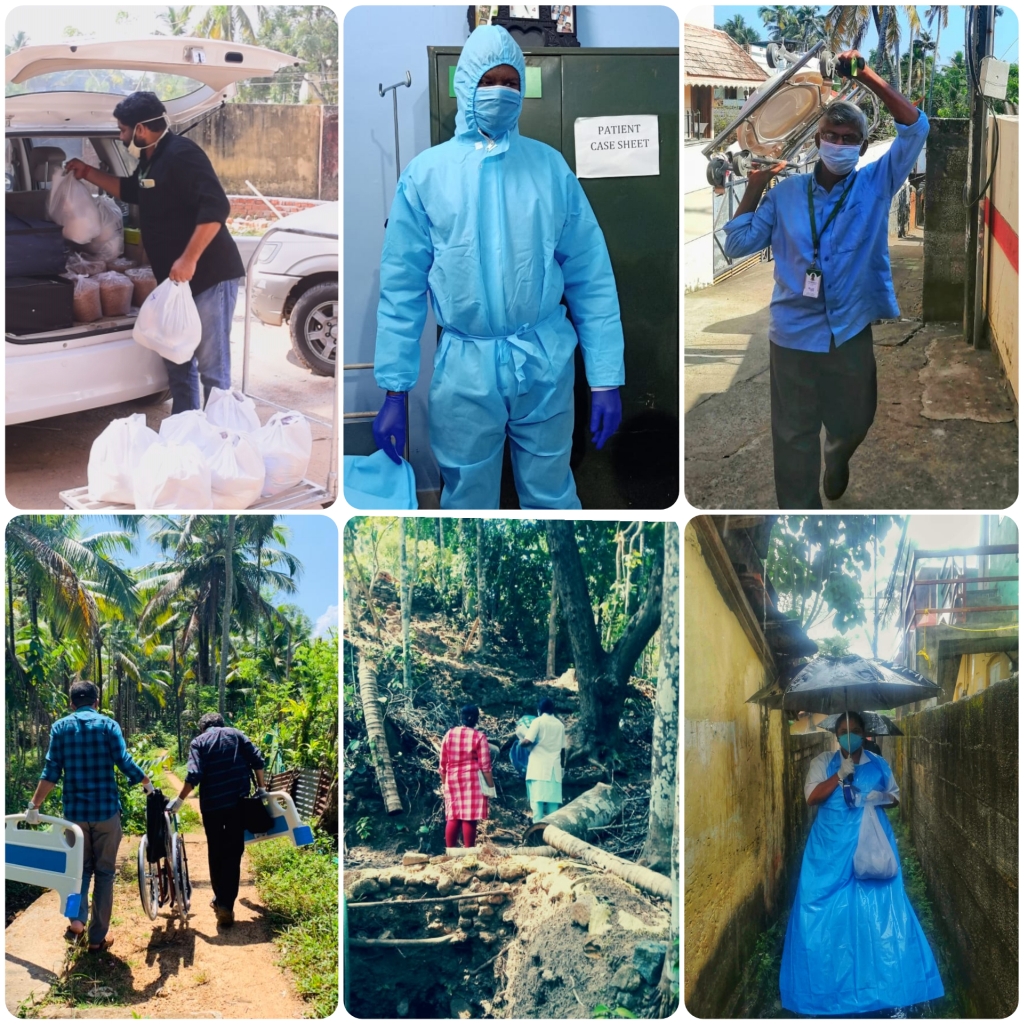
With the surge of Covid-19 in April 2021, we see concentrated suffering again. We see growing number of people in intense grief from the loss of a loved one.
We see vulnerable people – those living with disabilities, the elderly, other marginalized populations – denied basic healthcare.
How does the auto-rickshaw driver look after his ailing parents when he no longer has an income? What do you think happens to ailing villagers who no longer can get their blood pressure checked or diabetes treated? Access to healthcare being reduced as a whole, who do you think are most at risk?
Indeed, the poor wage-earners who earn nothing anymore. And especially the elderly and those living with disabilities, rich or poor.
We now have to see hundreds more people with health-related suffering than we did one year back. We have to compensate for the reduced access to primary care. And would it make sense if we dish out tablets and leave them without food?
The need is huge. But we are determined to try our best!
Please donate to Pallium India and support our activities.
If you know someone in grief and in need of emotional support, please get them to call our free Sukh-Dukh Helpline: +91 759 4052 605
The News Minute has written about Sukh Dukh Helpline, which is a collaboration between Caregiver Saathi, MIND India, EdJackLegs and Pallium India.


Violina Sarma, one of the Volunteer Counsellors at Sukh Dukh Helpline says, “The pandemic has had disastrous effect on mental health that will extend long after the virus stops being a threat. It’s been a difficult year for many of us. We may be feeling a variety of emotions that can be hard to handle. Dealing with the loss of a loved one during this time is especially tragic.
If you are going through hard times right now, know that things will get better. Its always a kind gesture to reach out and let someone you know that you’re there for support. Keeping in mind the necessity of time for proving emotional support to those who suffering from grief and bereavement, we are offering free tele-counselling service since October 2020. I have to add that it has been one of the most satisfying phases in my career. I have learned a lot. And its been a pleasure working with all these amazing well rounded people.”
Connect Healthcare to Humaneness
Dr M R Rajagopal & Jagdish Rattanani write in Deccan Herald, “The poor suffer because they don’t get healthcare. The rich also suffer because they may get more than they can take; aggressive intervention and huge bills don’t necessarily mean that the sick are taken care of. Between the two, the system is becoming heartless, a place where expertise, even if it’s available, will fail to deliver because it is disconnected from humaneness.”
Operational Guidelines for Palliative Care at Health and Wellness Centres
We have crossed an important milestone in the development of palliative care in the Government system in India. As background information: the National Health Policy of 2017 of Government of India included palliative care. The National Health Systems Resource Centre (NHSRC), a society owned by Government of India, under the leadership of Dr Flt Lt M A Balasubramanya, has successfully launched a nation-wide education program for health care workers of all state (and union territory) governments. Already national level and state level trainers have been trained for all categories of healthcare providers. The program is moving forward at whirlwind speed.
Please see the guidelines published by the Ministry of Health and Family Welfare of Government of India. Pallium India is pleased to have the opportunity to contribute to this process.
Broken
“As my mother and I held the pieces of the broken cups together, tears streamed down our faces as we gradually understood my father’s final attempts to hide his frailty.” Ramya Sampath writes: Broken
Integration of Palliative Care Into All Serious Illness Care as A Human Right
“Access to palliative care is a human right. Our inability to deliver it in the setting of COVID-19 and other serious illnesses is a human rights violation,” write William E. Rosa, PhD, APRN et al.
Upcoming Events
- May 12, 2021: International Nurses Day
- May 17, 2021: Online Volunteer Training Program (English)
- June 7, 2021: FREE Palliative care training for health care providers treating people with Covid-19 (Pallicovid ECHO) in ENGLISH
- June 14, 2021: Online Foundation Course in Palliative Nursing (FCPN)
- June 29, 2021: Online Foundation Course in Palliative Medicine (FCPM)
Check out all our upcoming events: https://palliumindia.org/events
For more information on any of these, write to: [email protected]
Follow us for palliative care news, views and updates – as & when they happen
Video of the Month
Helping Doctors And Nurses Cope With Grief | Faye D’Souza in conversation with Dr M R Rajagopal, Isabel Paul, Dr Rajani Surendar Bhat and Dr Sushmita Roy Chowdhury
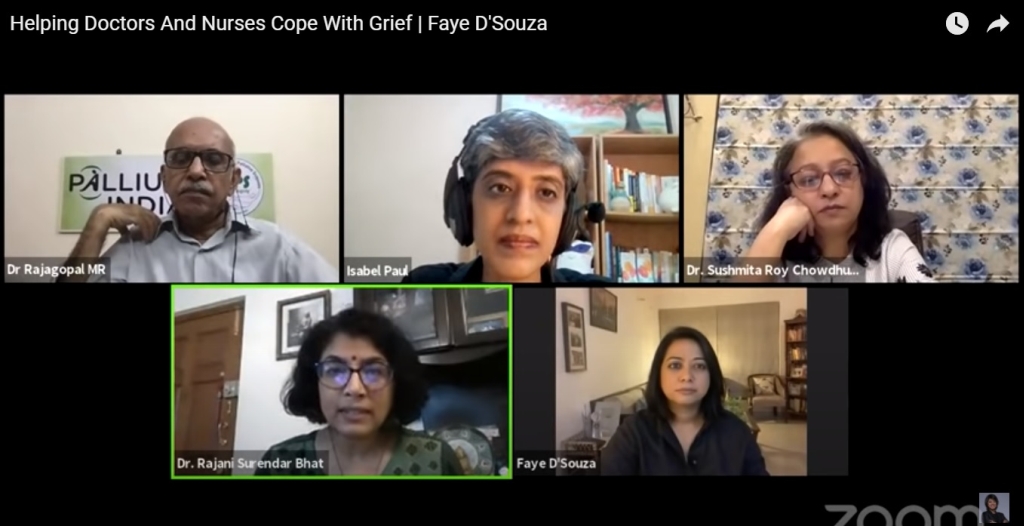
Click here to watch the discussion
Subscribe to Pallium India’s youtube channel for more videos.
Fundraiser
Help Pallium India hire a research officer to study the exact needs of people with serious illness in India. Without the real data, its hard to define and prioritize the needs of these patients and their families. Click here.
Obituary
Dr M. R. Rajagopal, Chairman of Pallium India, writes:
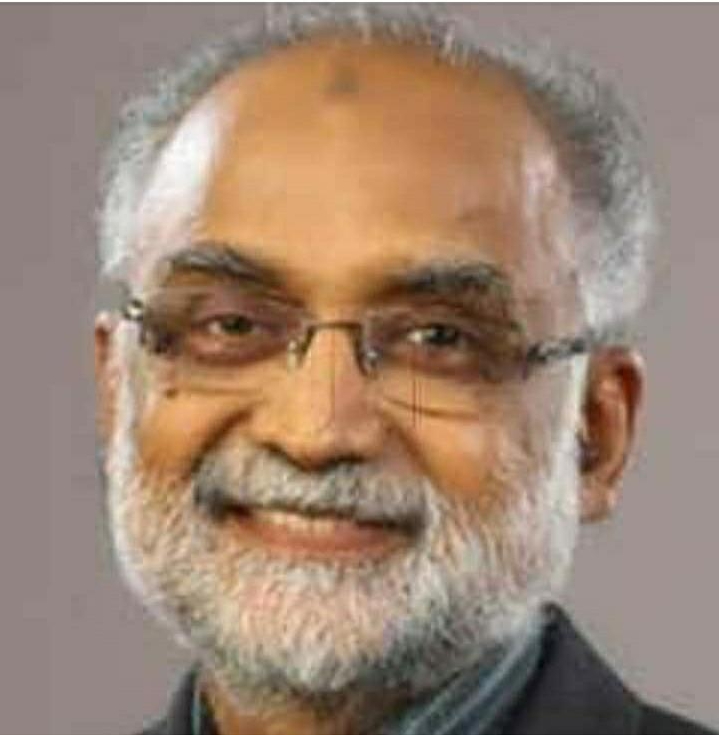
The year was 1994 or 1995. I was taking a train from Mangalore to Calicut. The handsome man sitting opposite me struck up a conversation. He was Dr Abdul Rahman, General Medicine doctor from Manjeri.
When I introduced myself, he expressed enthusiasm. He said he had heard about our pioneering palliative care work in Calicut, which by then was only a year or two old.
“Will you start a branch in Manjeri?” he asked. “We will find you the space.”
I said we could do better than that. We could help him and colleagues to start their own palliative care unit.
True to his nature, things moved fast. Mr Majeed, Pharmacist, was to take the lead. Dr Abbas was sent to us for training. Pretty soon, the first satellite clinic to be started out of Calicut was in operation. It grew from strength to strength. Thereafter Dr Abdul Rahman had been involved in several major activities, all of significant social impact.
I think of him as the essence of goodness. My colleagues and I are privileged that people like him walked on this earth and showed the way for a lot of us. And now he has gone. He will live in my memory as the incarnation of integrity.
Rest in Peace, Dr Abdul Rahman.
Writing up a living will makes life easier for oneself, the family and medical caregivers, writes Narayani Ganesh
Dignity of the Dead, Dying and Living: Revisiting India’s Constitutional Law amidst the Pandemic
Pallium India’s Fellow, Monica Yadav, writes in Cafe Dissensus: “The pandemic has realized indignities for many and left us with questions. Do the dead have constitutional rights? Can they be ascribed dignity? Far worse, do the dying in India have access to their constitutional rights and dignity? Can a person die with dignity?”
Virtual Education Programs
In April 2021, we started two new educational programs for doctors and we are certain this will go a long way in alleviating suffering.
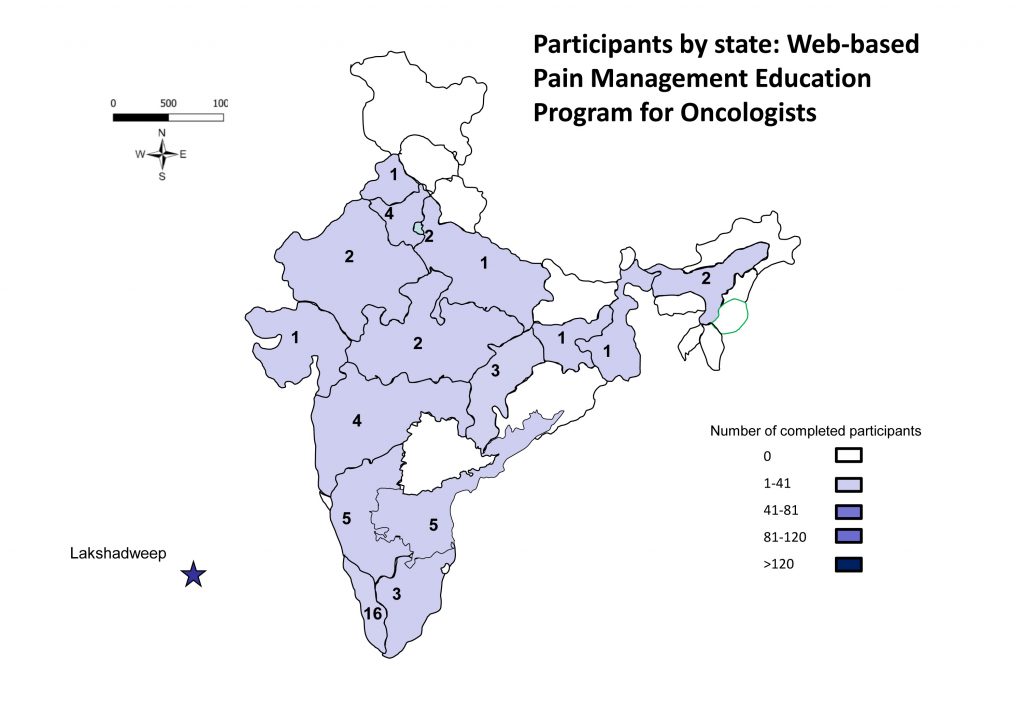
1. Web-based Pain Management Education Program for Oncologists – This is a web-based, short-time (8 hours) course offered in collaboration with National Cancer Grid (NCG) to Oncologists on Effective Pain Management. This program will provide doctors with an opportunity to learn essential pain management strategies and enhance their skills in dealing with difficult situations with the help of effective communication. They will learn how to integrate pain management into their practice. This course will also empower them regarding the procedures to access opioids like oral morphine. We have 53 Oncologists (Medical, Pediatric, Radiation, Clinical or Surgical) registered with us from different parts of the country. 95% of them haven’t attended a formal pain management program before and is using opioids at their setting.
2. Refresher Course in Palliative Medicine – This course has been designed for doctors who have already attended a formal foundation course in palliative medicine and wish to update their knowledge.
The 18-session (27 hours) program covers recent guidelines and developments in palliative care, comprehensive assessment of pain – giving adequate importance to the use of methadone, delivery of palliative care in different clinical conditions – neurological, cardiac, respiratory and renal disease and many more. This program will act as platform for doctors to clarify all their queries and learn more. We are hoping to continue this as a constant mentoring program.
We have participants from various parts of the country and a few from abroad (total 52 participants).
Aarohan II concludes
The second edition of Aarohan program concluded today (May 1, 2021) with outstanding presentations from the participants about what they plan to do in the coming months and years, to further palliative care. We at Pallium India are so excited to see the projects each one of them has taken up, their visions and their crystal clear roadmaps.
We are certainly going to miss our gatherings every Saturday afternoon, the sessions and the follow-up discussions, as well as the sharing of stories and experiences. Thank you, Aarohan family, for enriching our lives.
Click here to know more about the Aarohan program.
Role and Scope of Social Workers in the Palliative Care setting
Centre for Counselling, School of Social Work, Tata Institute of Social Sciences, Guwahati Off-Campus organized a webinar on palliative care for their MA Social Work students. Representing Pallium India, Treesa Varghese talked about the “Role and Scope of Social Workers in the Palliative Care setting”. 20 students participated in the highly interactive session. The importance of advocacy on palliative care by the health fraternity was also discussed.
Palliative care is an emerging area in social work practice. This webinar has provided an opportunity for promoting palliative care awareness among the students. We are grateful for it.
Congratulations, Ms Dona Samindra Ranasinghe and colleagues!
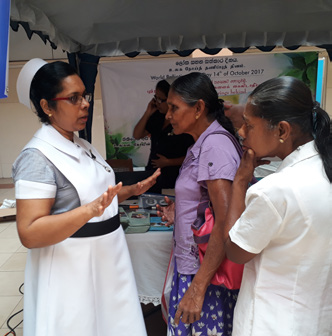
It was good to see the ehospice report on 19 April, 2021 about your work in Sri Lanka. We vividly remember your time in Pallium India way back in 2014. We remember with pleasure the enthusiasm of your team and the warm discussions we had. We had discovered, though we live in two different countries, how closely related were our customs, way of life, pleasures and pains. it is so very good to read about the progress that you and your team have made. We are privileged to have walked with you on your first few steps.
Best wishes to you all to wipe many a tear and to ease many an ache.
Congratulations, Tom Price!
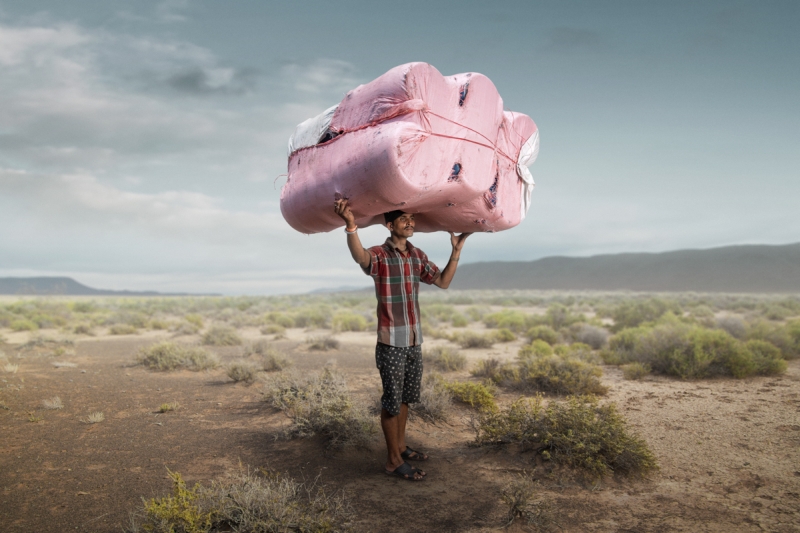
Glad to see that Pallium India’s friend Tom Price won the Photographer of the year 2021 award for this picture.
We gratefully remember the time that his wife Dr Sarah Price volunteered with Pallium India. Tom accompanied our team and took some of the best images of our work that we have.
Why is Tom so successful? We think it is the expertise in photography combined with his ingrained empathy. When he joined us on home visits, he would be quick to see at close quarters every nuance of a conversation, every facial expression and body language. And his nimble fingers would convert that person’s emotions into an image.
Congratulations, Tom. We hope you and Sarah visit us again, once this pandemic is over. We are eager to meet your priceless treasures, Hester Price and Phoebe Price.
PARTING SHOT
From Uttar Pradesh in North India comes the news of a man in his 80s with COVID, voluntarily giving up his hospital bed for a person in his 40s, quietly collecting a few belongings and staggering out with the words, “I have lived my life. His children would need him”.
We at Pallium India, with everyone else in the country who read or watched that news, fold our hands to him and say “namaskaram” – meaning “We bow to the divine in you”. We truly do.
We no longer ask the ethical question whether a young life is necessarily more valuable than an old one. It is taken for granted during these pandemic days.
Post-pandemic, what behavioural patterns of society will evolve out of this acceptance, we wonder.
Read previous issues of our newsletter


